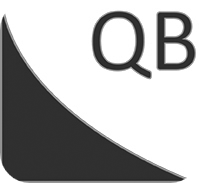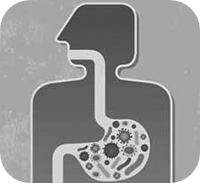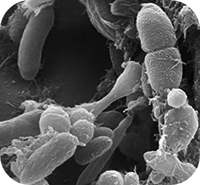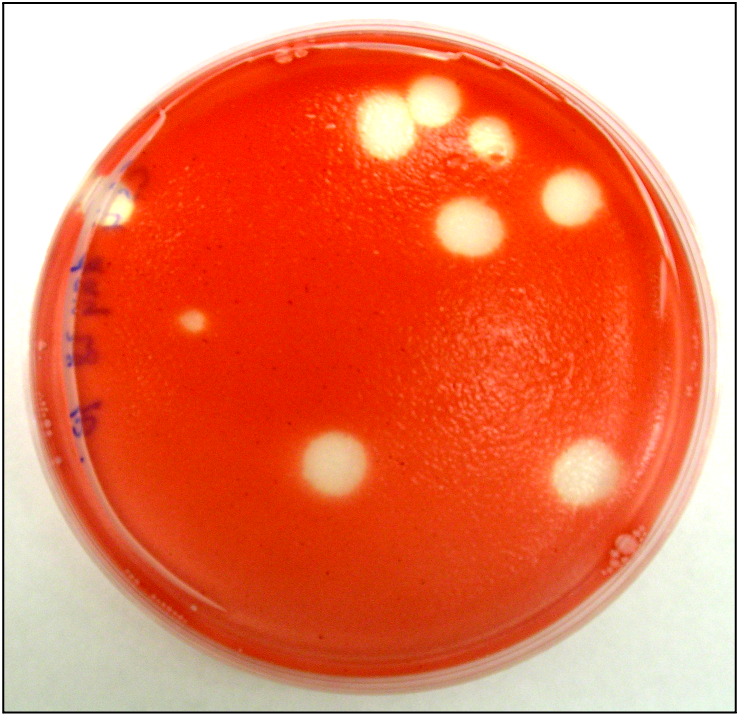Teaching

Quantitative Biodiversity (QB)
In this graduate-level course we focus on theory, patterns, metrics, and tools used to study biodiversity. We calculate diversity metrics, generate and quantify diversity relationships, visualize multivariate data, and conduct phylogenetic tests. We use modern statistical computing and graphics environments (i.e., R), as well as version control tools (i.e., GitHub). See course website for more information.
In this graduate-level course we focus on theory, patterns, metrics, and tools used to study biodiversity. We calculate diversity metrics, generate and quantify diversity relationships, visualize multivariate data, and conduct phylogenetic tests. We use modern statistical computing and graphics environments (i.e., R), as well as version control tools (i.e., GitHub). See course website for more information.

Microbiomes: host and environmental health
In this upper-level course, we cover fundamental concepts of ecology and evolutionary biology as they pertain to microbial systems. In addition to lectures and discussion of papers from the primary literature, we engage in biodiversity projects that result in oral presentations and a contribution to MicrobeWiki, a open resource on microbes and microbiology. Course offered in spring semesters.
In this upper-level course, we cover fundamental concepts of ecology and evolutionary biology as they pertain to microbial systems. In addition to lectures and discussion of papers from the primary literature, we engage in biodiversity projects that result in oral presentations and a contribution to MicrobeWiki, a open resource on microbes and microbiology. Course offered in spring semesters.

Microbiomes
In this graduate-level class, we focus on the microbiomes of different hosts (humans, model systems, and non-model systems). We highlight the genetic and immunological processes involved in the microbiome that influence the behavior, physiology, ecology, and fitness of their hosts. Products from the course include a comprehensive, open-access bibliography and the generation of a conceptual model for approaching microbiome research.
In this graduate-level class, we focus on the microbiomes of different hosts (humans, model systems, and non-model systems). We highlight the genetic and immunological processes involved in the microbiome that influence the behavior, physiology, ecology, and fitness of their hosts. Products from the course include a comprehensive, open-access bibliography and the generation of a conceptual model for approaching microbiome research.

